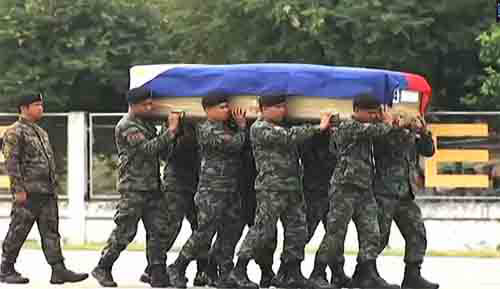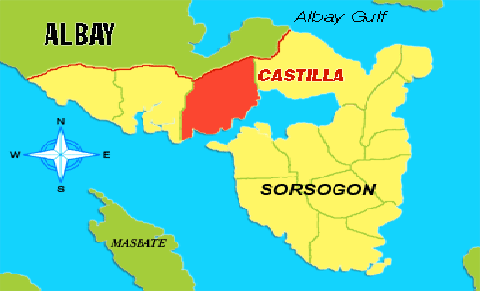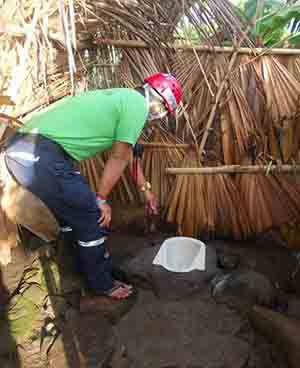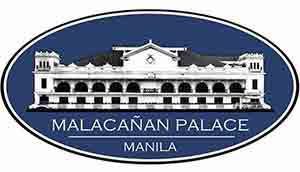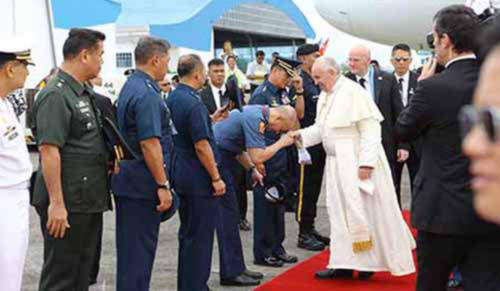Page 5
Findings:
1. Chain of Command
The Chain of Command in the PNP was violated. The President, the suspended CPNP Purisima and the former Director SAF Napeñas kept the information to themselves and deliberately failed to inform OIC PNP and the SILG. The Chain of Command should be observed in running mission operations.
For instance, the Manual for PNP Fundamental Doctrine, requires the Commander to discharge his responsibilities through a Chain of Command. Such Manual provides that it is “only in urgent situations when intermediate commanders may be bypassed. In such instances, intermediate commanders should be notified of the context of the order as soon as possible by both the commander issuing the order and the commander receiving it.”

With respect to Oplan Exodus, the Chain of Command in the PNP should have been: OIC, CPNP PDDG Espina (as senior commander) to Napeñas (as intermediate commander). PDG Purisima could not legally form part of the Chain of Command by reason of his suspension.
2. Command Responsibility
The principle of Command Responsibility demands that a commander is responsible for all that his unit does or fails to do. Command Responsibility cannot be delegated or passed-on to other officers. Under the Manual for PNP Fundamental Doctrine, Command Responsibility “can never be delegated otherwise it would constitute an abdication of his role as a commander. He alone answers for the success or failure of his command in all circumstances.”
Based on the records, Napeñas admitted that he had command responsibility with respect to Oplan Exodus.
3. Coordination
The TOT coordination concept, which limits the disclosure of information to only a few personnel, is applicable only to ordinary police operations. This concept however does not conform to the established and acceptable operational concepts and protocols of the PNP. Even AFP commanders asserted that the TOT concept is alien to the Armed Forces and runs counter to their established SOPs. Without coordination, following the AFP definition, support to operating units such as artillery or close air support is not possible since these entails preparations.
4. Operation Plan
Oplan Exodus was not approved by the OIC-PNP. Napeñas dominated the mission planning, disregarding inputs from his subordinate commanders on how the operation will be conducted. The concept of the way-in/way-out, by foot and night-only infiltration and exfiltration in an enemy controlled community with unrealistic assumptions was a high-risk type of operation.
5. Execution
Oplan Exodus can never be executed effectively because it was defective from the very beginning. Troop movement was mismanaged, troops failed to occupy their positions, there was lack of effective communication among the operating troops command and control was ineffective and foremost, there was no coordination with the AFP forces and peace mechanism entities (CCCH and AHJAG).
Read more, links below
- Road Tour Calabanga:San Pablo to Amang Hinulid - August 31, 2022
- Miss U Catriona Gray Rumampa ng Suporta sa Tropa - May 9, 2022
- Dalawang Shoutout SOX People’s Rally for Leni - April 4, 2022
